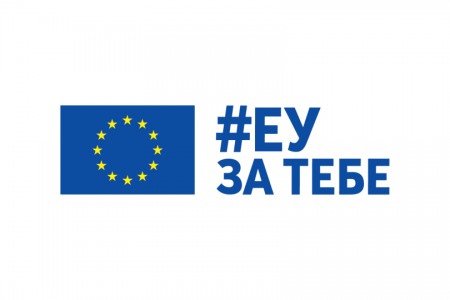The Belgrade Open School, in cooperation with the Young Researchers of Serbia and Environmental Protection Engineers, implemented a three-year project titled "Green Incubator." The project aimed to contribute to strengthening the capacities of civil society organizations working on environmental protection issues, particularly regarding the monitoring of the European integration process of the Republic of Serbia. It also sought to foster initiatives from local informal groups and explore potential socio-economic development opportunities for local communities based on the principles of green (circular) economy.
The overall goal of the project was to develop a competent civil society that contributes to the reform processes and Serbia’s integration into the EU.
The specific goal was to strengthen the capacities and increase the effectiveness of civil society in Serbia in addressing challenges related to environmental protection and socio-economic development.
Main activities:
- Designing and implementing training programs to enhance the organizational and thematic capacities of civil society organizations;
- Financial support for the implementation of selected projects by civil society organizations;
- Financial support for the realization of ideas and initiatives by local informal groups;
- Establishing a resource center within Coalition 27 for selected organizations;
- Developing a methodology for monitoring the implementation of environmental protection policies at the local level;
- Creating and publishing "green cards" of local authorities on the Coalition 27 website;
- Publishing the Shadow Report of Coalition 27 and local civil society organizations;
- Organizing "Green Talks" as thematic discussions involving various stakeholders;
- Researching and presenting findings on the potential for socio-economic development of local communities.
Results:
- At least 100 civil society organizations and informal groups strengthened to work on the implementation, advocacy, and communication of the importance of EU environmental standards and benefits for local communities;
- Active participation of citizens and relevant stakeholders in environmental dialogue and development opportunities in at least 40 local communities;
- Increased transparency and accessibility of environmental information at the local and national levels;
- Established dialogue between civil society organizations and decision-makers on possible solutions to environmental challenges and opportunities for sustainable local development;
- Developed and promoted recommendations for the development of the circular economy at the local level.
All project activities were carried out from January 1, 2020, to December 31, 2022. This project was funded by the European Union.

 381 60 30 65 800
381 60 30 65 800






